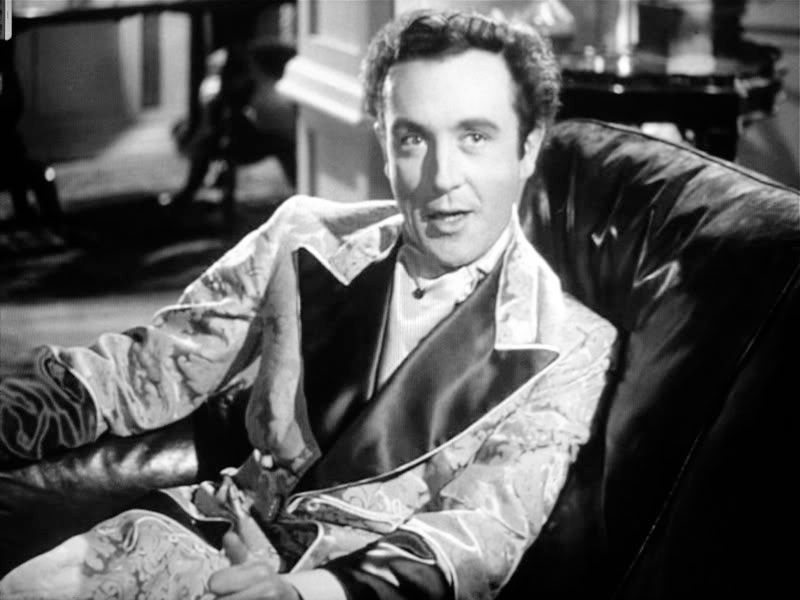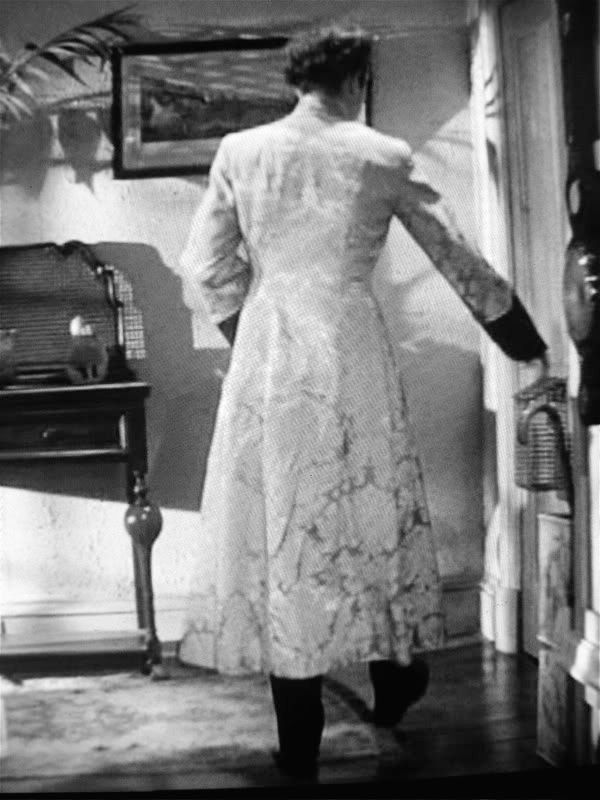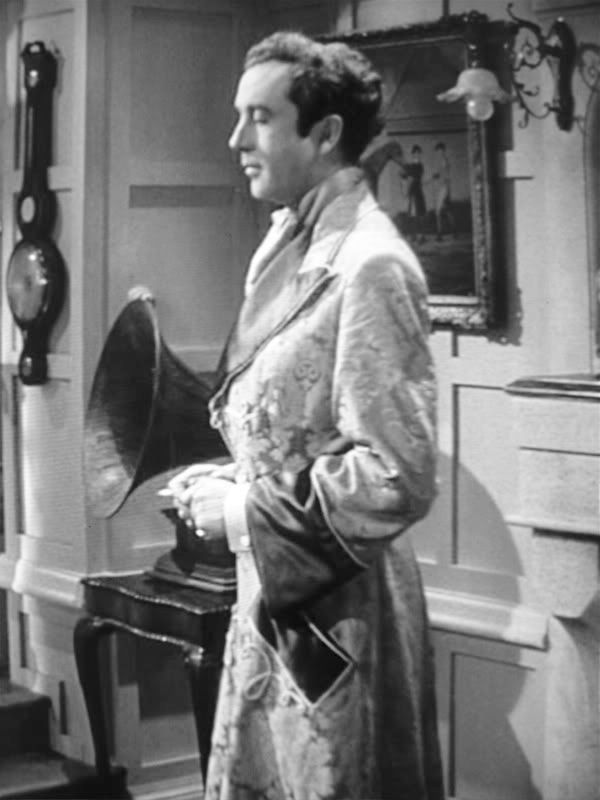


It is traditionally known as "undress" - the opposite of "full dress". Modern cheap bath robes do not count.
SATOR



Of all the terms of dress described in books such as Dress and Insignia At His Majesty's Court by Herbert Trendell (Chief Clerk of the Ceremonial Department), with the authority of the Lord Chamberlain (Harrison & Sons, London, 1921), I see no references to dressing gowns as undress or any references at all to 'half dress'. But then, America chose coffee over tea for breakfast in 1776!!

Half dress is not that common a term, I agree - whether in British or American use. However, "undress" for house coats is quite clearly used in British English. I refer you to Byrde - there is a whole chapter on the subject there entitled "Dress and Undress". Byrde was once Research Officer at the Museum of Costume in Bath. There is a consensus amongst dress historians on this subject. If you feel strongly otherwise please cite a published reference or original period texts to support your position.Anonymous wrote: I do not accept that dressing gowns = undress in British English (undressed perhaps!).

I note that 'undress' is in inverted commas. This suggests to me that the author is knowiingly using a formal term to denote an informal situation and her use of the term is, despite her nationality and qualifications (wihich seem to be in art rather than costume, as such), probably neither here nor there.Anonymous wrote:Pardon me, but I forgot to give a bibliographic citation for this picture:
The caption to the picture on p62 of the book by Mackrell reads:
Portrait of Maurice Greene, painted by Francis Hayman, 1747. The nightgown, or banyan, was highly fashionable for informal wear. Hayman's portrait shows the Professor of Music at Cambridge (on the left) in the 'undress' of a fine red damask banyan...(National Portrait Gallery, London).
Alice Mackrell: An Illustrated History of Fashion. Costume and Fashion Press, New York, 1997.
Dr Mackrell is English, and based in Hamstead, London. She did her PhD at the Courtauld Institute of Art in London.
In American English, "undress" is now archaic at best, NJS; formerly, it had some limited currency in military and naval circles. Neither "undress" nor "half dress" is employed in the States to refer to private clothing rather than uniform.Anonymous wrote:. . . . 'Half dress' is not a term which (so far as I know) British-English endows with any formal meaning . . . . the terms 'full dress' and 'undress' have come to bear something other than their original meanings and terms such as 'half dress' have been born. I suppose that the thrust of my point is that there is different terminology in America from that in the UK. . . .
Thank you RWS - the reason that I referred to American usage was because Sator cited the Kent University site as an authority for a proposition but now we have the position from you, I can safely retire to the beach for a little while - even knowing that there will be more.... in a little whileAnonymous wrote:In American English, "undress" is now archaic at best, NJS; formerly, it had some limited currency in military and naval circles. Neither "undress" nor "half dress" is employed in the States to refer to private clothing rather than uniform.Anonymous wrote:. . . . 'Half dress' is not a term which (so far as I know) British-English endows with any formal meaning . . . . the terms 'full dress' and 'undress' have come to bear something other than their original meanings and terms such as 'half dress' have been born. I suppose that the thrust of my point is that there is different terminology in America from that in the UK. . . .
The usage may differ in Sator's Australia.
RWS
Users browsing this forum: No registered users and 10 guests